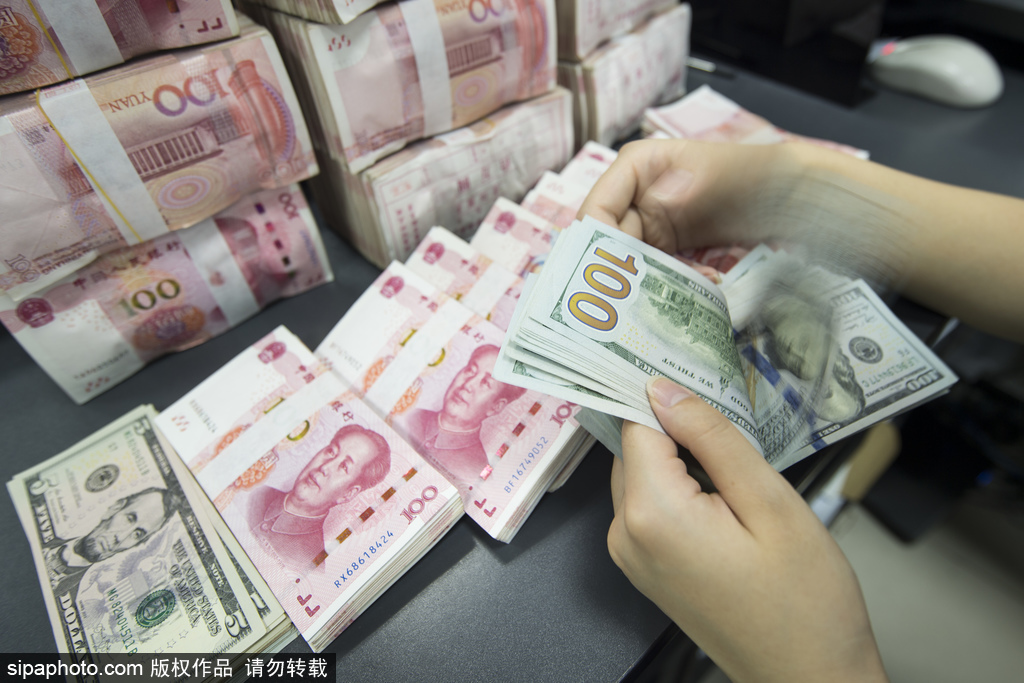Equity market shows signs of recovery


Opportunities of earning handsome return from medium and long-term investment in Chinese equities are expected to shine in ashes of the recent global financial turmoil, analysts said.
Since late February, worldwide stock assets have seen their market value slashed amid concerns over an economic downturn due to the global novel coronavirus pandemic.
Plunges on Wall Street have sent the Dow Jones Industrial Average to a worst-ever first-quarter decline of 23.2 percent.
China's key Shanghai Composite Index held its poise through the market jitters but has still fallen 9.38 percent since the beginning of the year, closing at 2,763.99 on Friday. The ChiNext index, tracking Shenzhen's innovative startup-heavy board, has shed 16.86 percent since its high in late February.
"There has been a crisis of confidence lately. Investor focus has shifted toward assessing the worst-case outlook for equities," according to Japanese brokerage Nomura.
This, however, may have implied undervaluation and hence upside potential for the medium term, or the next six to 12 months, Nomura said.
It added that equity markets may find some stability during the first-quarter reporting season, which starts mid-April and lasts through May, upon signs of a tapering in new infection cases in the United States.
China's A-share market may stand out in the possible stock market recoveries, analysts said, as China's economic recovery ahead of the world and higher interest rate level may attract global capital to boost holdings in Chinese equities.
The trend of capital inflow may have started. Stock connections between mainland and Hong Kong bourses registered a net foreign inflow of 8.15 billion yuan ($1.15 billion) over the past week, reversing a substantial outflow last month amid the global liquidity strain, according to market tracker Wind Info.
"The A-share market may now be at a critical bottom area for the coming year," said Zhang Xia, chief strategist with Shenzhen-based China Merchants Securities.
Long-term allocation in China's A-share assets is also appealing, said Chen Wenyu, deputy general manager with fund management joint venture Invesco Great Wall Fund Management.
"When low profitability and low valuation coexist in economic transformation, I believe there is value in equities. Holding them for long-term gain will be worthwhile," Chen said.
Among all A-shares, growth companies engaging in technology and consumption upgrades will remain the key investment target pool. Further, value stocks with stable profitability, high dividend and low valuation will likely fare well in the worldwide low interest rate environment, Chen said.
Analysts, though, cautioned about the risks to the above forecasts, such as a possible lingering of the global pandemic, weaker-than-expected economic recovery and an outflow of foreign capital upon central banks' future exits from aggressive monetary easing.
Downside risks still abound in global stock markets, and volatility may take weeks or months to wane, in light of market performances during previous crisis events, said Zhu Haoyuan, head of Asia Pacific analytics at US-based investment research firm MSCI.



































